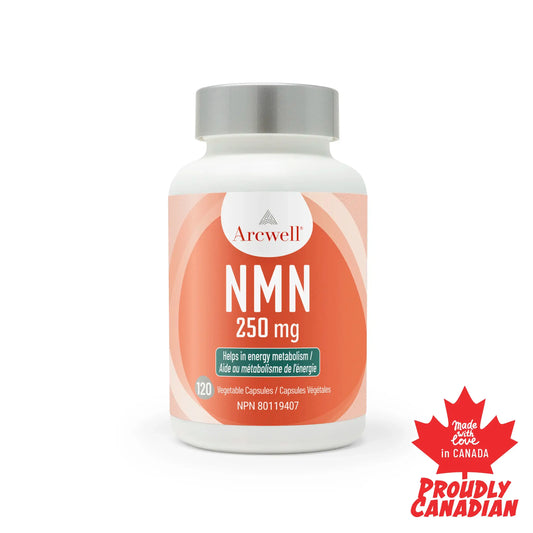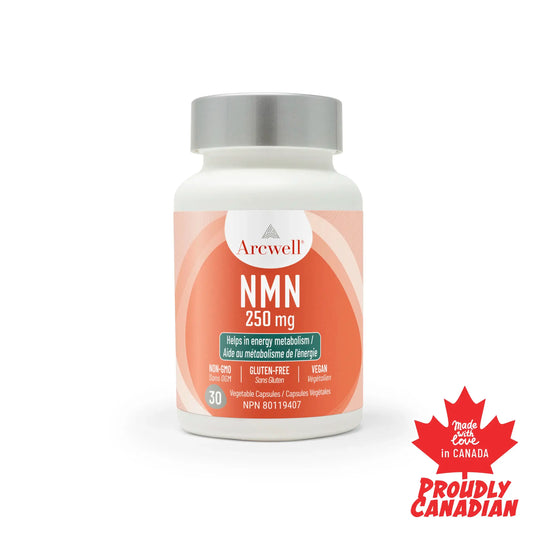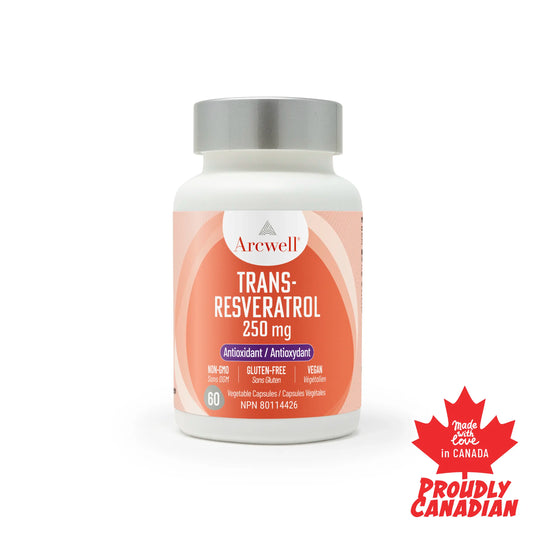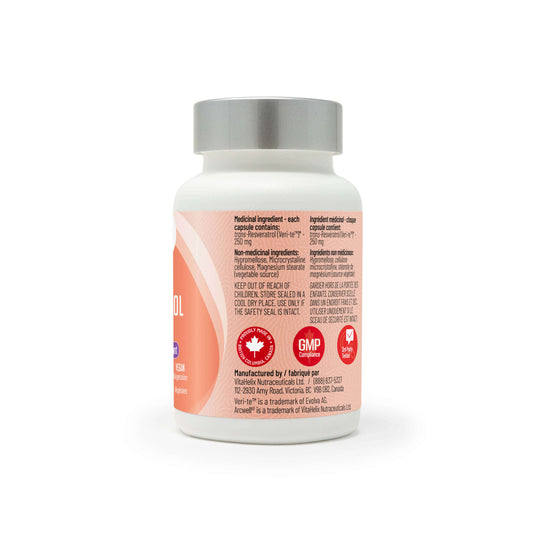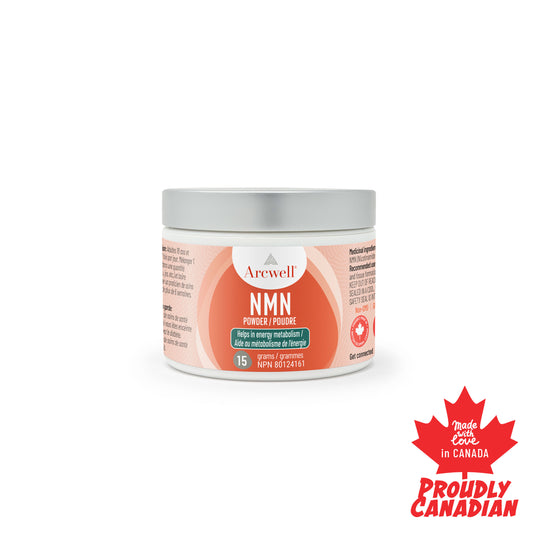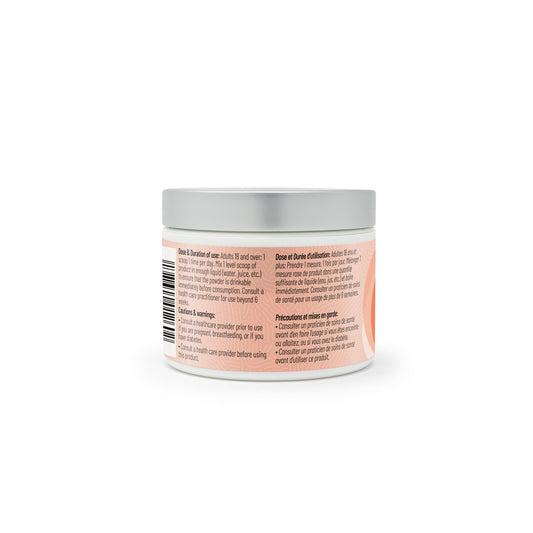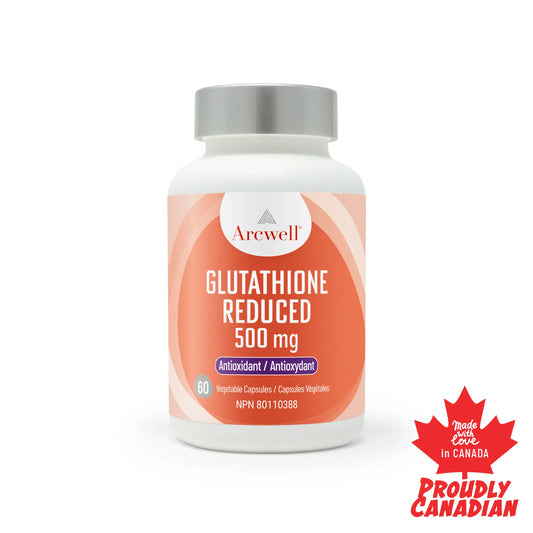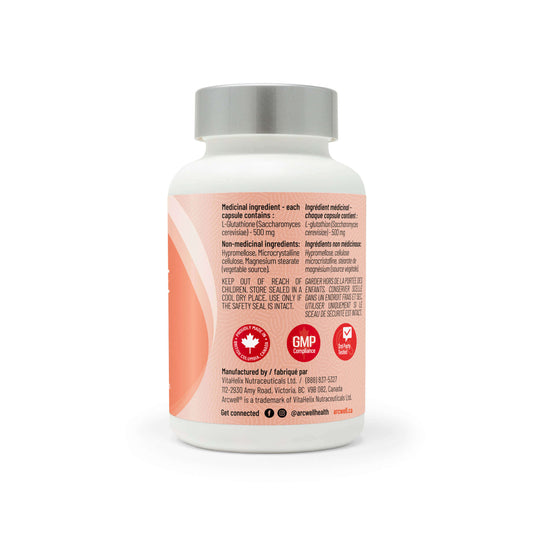
Fixing Chronic Inflammation: The Role of Dietary Supplements
Share
We share what you can do to make sure inflammation is helping and not harming your body.
Are you not feeling like yourself lately? Are you experiencing fatigue, memory loss, joint or back pain? Is it hard to wake up in the morning? All of these symptoms can indicate that you are lacking nutrients or suffering from chronic inflammation. Inflammation is your body’s way of protecting itself. It’s how our bodies have adapted to prevent infection, fight illness and heal damaged tissues. But when inflammation is chronic, it can damage healthy cells and contribute to disease. We here explain the role of inflammation and 4 actions you can take to reduce chronic inflammation, including taking a dietary supplement.
You may have heard that inflammation is the greatest villain of middle and old age, and you should fight it with all your might.
Q: Is inflammation a bad thing?
In fact, inflammation is good for your body.
Through evolution, humans developed the ability to fight against infections, injuries, and toxins. When cells are damaged by hypoxia, trauma, infection, or certain nutrient deficiencies, they release biochemicals that activate a response from your immune system. This response includes the release of antibodies and proteins, as well as increased blood flow to the damaged area in an attempt to repair the damage. Acute inflammation can last for a few hours or days. The process is beneficial to your body and helps speed up healing.
On the other hand, if inflammation is prolonged, your immune system continues to release damage-fighting biochemicals in your body indefinitely. Eventually, this can start damaging healthy cells. This is called chronic inflammation and it can be debilitating.
Scientists believe that chronic inflammation plays an important role in heart disease, cancer, metabolic syndrome, Alzheimer’s, and various degenerative conditions. Many circumstances can lead to chronic inflammation such as untreated infection, injury, an autoimmune disorder, or long-term exposure to industrial chemicals or air pollution.
Chronic inflammation has become part of a “modern lifestyle”. It is ironic, isn’t it? More and more scientific studies show a correlation between chronic inflammation, processed foods, and sedentary life. A lack of nutrients—and the addition of chemicals to foods—is contributing to the increase of chronic inflammation in western society. On top of that, daily stress and decreased movement associated with working desk jobs are also key factors.
If you want to know if you have chronic inflammation, ask your health care provider for a vitamin panel blood test and a blood test based on ESR and CRP markers. These tests will tell you if you have nutrient deficiencies or chronic inflammation.
Q: What can you do to reduce chronic inflammation?
-
Eat a healthy diet.
A scientific study published in the journal “Nutrients” has shown that following a Mediterranean diet improves the profile of plasmatic inflammation markers. This study makes it clear that your food choices can have a positive impact on your health. To put it simply, by avoiding processed food with extra chemicals and adopting a healthier diet such as a Mediterranean or whole food diet, you can reduce chronic inflammation. As Hippocrates, the Greek founder of western medicine said, “Let food be the medicine.”
-
Maintain a healthy gut.
In your gut, the good and bad bacteria need to be kept in balance to avoid chronic inflammation. The good bacteria helps control the immune system, improve blood glucose metabolism, and decrease gut inflammation. These anti-inflammatory bacteria can be increased by certain dietary polyphenols to promote gut health. You can find these polyphenols in foods such as berries, nuts, spices, flaxseed, vegetables, coffee and tea or by taking dietary supplements.
-
Take anti-inflammatory supplements.
Studies have shown that certain dietary supplements, such as fish oil and curcumin, can reduce inflammation. For example, curcumin is the main active ingredient in turmeric, which has been proven as a powerful anti-inflammatory compound and a strong antioxidant. However, the concentration of curcumin in turmeric spice is only ~ 3% by weight. Achieving a dose of up to 1 gram per day, as recommended by the studies, is impossible with food alone, but can be easily obtained by taking a concentrated turmeric extract dietary supplement.
-
Exercise.
As of the year 2020, more than 15% of adults were physically inactive in the United States. A sedentary lifestyle is associated with obesity, which is a state of a chronic low-grade inflammation. It has been proven that regular exercise reduces fat mass and adipose tissue inflammation which is known to contribute to systemic inflammation. Also, increasing muscle mass helps enhance anti-inflammatory cytokines.
Take-home Messages:
Inflammation is your body’s way of protecting itself. It is necessary to prevent infection, fight illness and heal damaged tissues. But when this process gets out of control and becomes chronic, it can cause problems and contribute to serious diseases.
A healthy diet, exercise, stress management and maintaining your gut health are all important for inflammation relief and your overall health. You can also consider taking an anti-inflammatory dietary supplement after talking to your health care provider and determining whether you have a nutrient deficiency.




